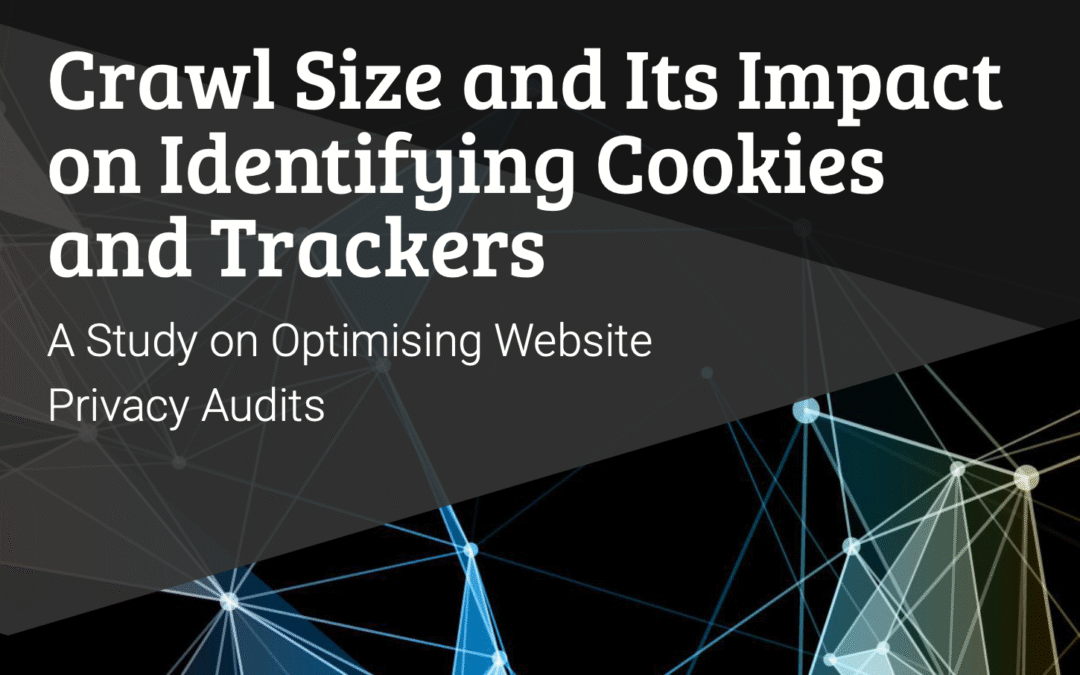One of the recurring questions I hear from data privacy professionals is:
“How many pages should I audit to properly assess a website’s compliance with data collection rules?”
It’s a fair question. On the one hand, checking only a homepage is far too narrow — it won’t reveal how different templates, e-commerce flows, or campaign landing pages deploy cookies and trackers. On the other hand, attempting to crawl every page of a large enterprise site is not only impractical, but also unnecessary.
To address this, I ran a structured study using Verified CONSENT, auditing four enterprise websites across different sectors (healthcare, travel, technology, and retail) with a combined total of more than 4.4 million pages indexed by Google.
Key Findings
What we discovered from the audits:
- 25–50 pages: Enough for a quick health check on whether a site respects “Reject All” consent choices.
- 100 pages: Sufficient to uncover 90% of all cookies and trackers on most websites.
- 500 pages: For high-risk sectors (e.g., healthcare or finance), this provides added confidence in inventory completeness.
- Auditing all pages (>4M in this study) would take more than 50 days of continuous crawling — a burden with little practical benefit.
Why This Matters
Traditional large-scale audits are slow, expensive, and often outdated by the time they’re complete. The evidence from this study shows that smaller, targeted audits can achieve the same level of insight, and more importantly, can be run regularly to catch issues as they arise.
For organisations, this means:
- Lower audit costs
- Faster compliance insights
- A more proactive approach to governance and risk management
Download the Full Study
The full report, “Crawl Size and its Impact on Identifying Cookies and Trackers”, details the methodology, data, and practical recommendations for privacy professionals.
👉 DOWNLOAD the full PDF (no registration!)
About the Author
Brian Clifton is a digital analytics and data governance specialist. He helps organisations improve compliance and build trust by making their data collection transparent and accountable. The study was sponsored and supported by Search Integration, a digital intelligence consultancy.
